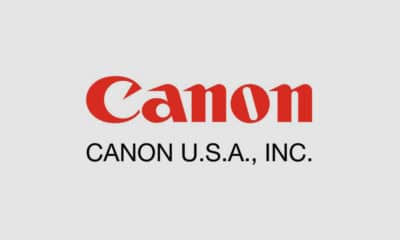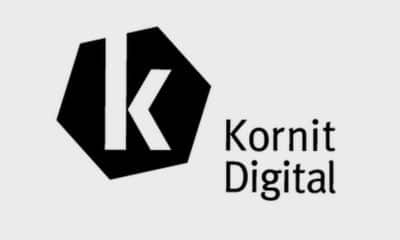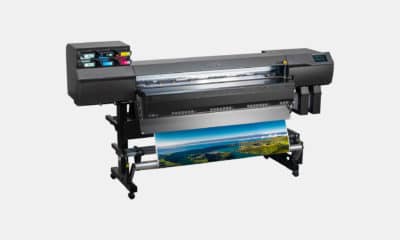According to the new research report on “Augmented Reality in Retail Market by Offering (Hardware and Software), Device Type (Head-Mounted, Smart AR Mirror), Application (Try-On Solution, Planning & Designing), Retail Type (Furniture, Beauty & Cosmetics), and Geography – Global Forecast to 2023″, the augmented reality in retail market, the market is expected to grow from USD 1,155.8 million in 2018 to USD 7,951.2 million by 2023, at a CAGR of 47.1% between 2018 and 2023. Increasing online shopping encourages retailers to adopt AR, rising smartphone penetration, and growing adoption of connected devices are the major factors driving the growth of the AR in retail market.
♦For More Information
https://www.marketsandmarkets.com/Market-Reports/augmented-reality-retail-market-77516130.html
Smart AR mirrors are leading the augmented reality in retail market
Smart AR mirrors are mainly used as virtual try-on solutions in apparel fitting and cosmetics. The use of smart AR mirrors in the retail sector is due to the emergence of virtual trail rooms. Virtual dressing rooms have become a trend for fashion retailers and are expected to boost the use of smart AR mirrors. This “try before you buy” option helps customers to make the most suitable choice.
Advertising and marketing application to grow at high rate in augmented reality in retail market
Advertisement
The advertising and marketing application is among the major AR applications that increase customer engagement. Garnering sales and revenue is the major objective of using AR in advertising and marketing. The increase in the adoption of AR relies on major parameters such as the emotional connection with AR, economical advertising with more engagement, sales boost, and improvement in hyperlocal advertising.
Grocery shopping would grow at high rate in augmented reality in retail market
The grocery shopping is expected to grow at the highest rate in the AR in retail market in the next 5–7 years. The ease and the convenience offered by retailers with the implementation of advanced technologies would be the major drivers for the growth of the AR in retail market for grocery shopping. The use of AR in grocery shopping would also allow users to make a healthier buying decision. The app stores all the information of the user such as buying habits, brands, and the frequency of buying particular products. This narrows down to having most of the data of a particular customer with the retailing companies that would be used to positively increase sales by the retailing companies in the near future. Increasing investments of retailers in updating technology and growing users of AR-enabled devices would benefit the growth of the AR in retail market for grocery shopping.
North America to hold major share of augmented reality in retail market during forecast period
North America, being technologically advanced and developed, is a leading market for cutting-edge technologies that are used in display devices. North America is expected to lead in 2018 in terms of market size and revenue generated from AR in retail applications. The AR in retail market is estimated to grow considerably in the subsequent years in this region. The use of AR for various applications, especially in try-on solutions, is helping the growth of the AR in retail market. Applications such as planning and designing, advertising and marketing, and information systems are utilizing AR technology for further advancements. The US has many global players featuring AR products and solutions. This helps North America stand out as the major region in the global AR in retail market.
Major players in the augmented reality in retail market are Google (US), PTC (US), Apple (US), Microsoft (US), Wikitude (Austria), DAQRI (US), Zugara (US), Blippar (UK), Marxent Labs (US), Augment (France), and ViewAR (Austria). The other players profiled in the report include Holition (UK), Ikea (Netherlands), Sephora (France), Amazon (US), Imaginate Technologies (India), Kudan (UK), Total Immersion (France), and INDE (UK). The start-up ecosystem includes Ads Reality (UK), XZIMG (China), VisionStar Information Technology (China), Zappar (UK), and Obsess (US).
Advertisement

 Blue Print1 month ago
Blue Print1 month ago
 Buzz Session1 month ago
Buzz Session1 month ago
 Columns1 week ago
Columns1 week ago
 Beyond Décor: Rachel Nunziata3 weeks ago
Beyond Décor: Rachel Nunziata3 weeks ago
 Press Releases2 months ago
Press Releases2 months ago
 Manager's To Do2 weeks ago
Manager's To Do2 weeks ago
 Press Releases2 months ago
Press Releases2 months ago
 Press Releases2 months ago
Press Releases2 months ago













